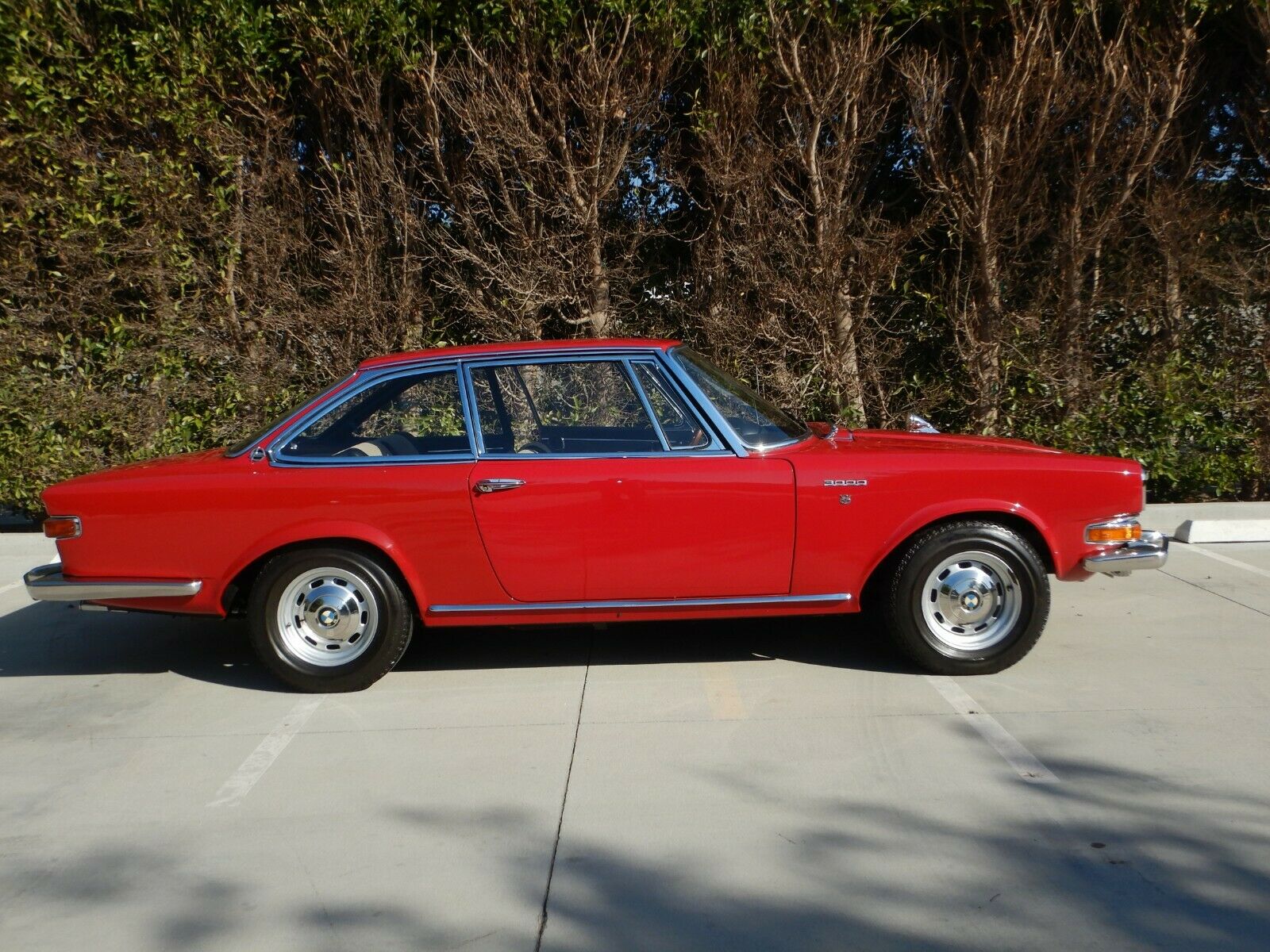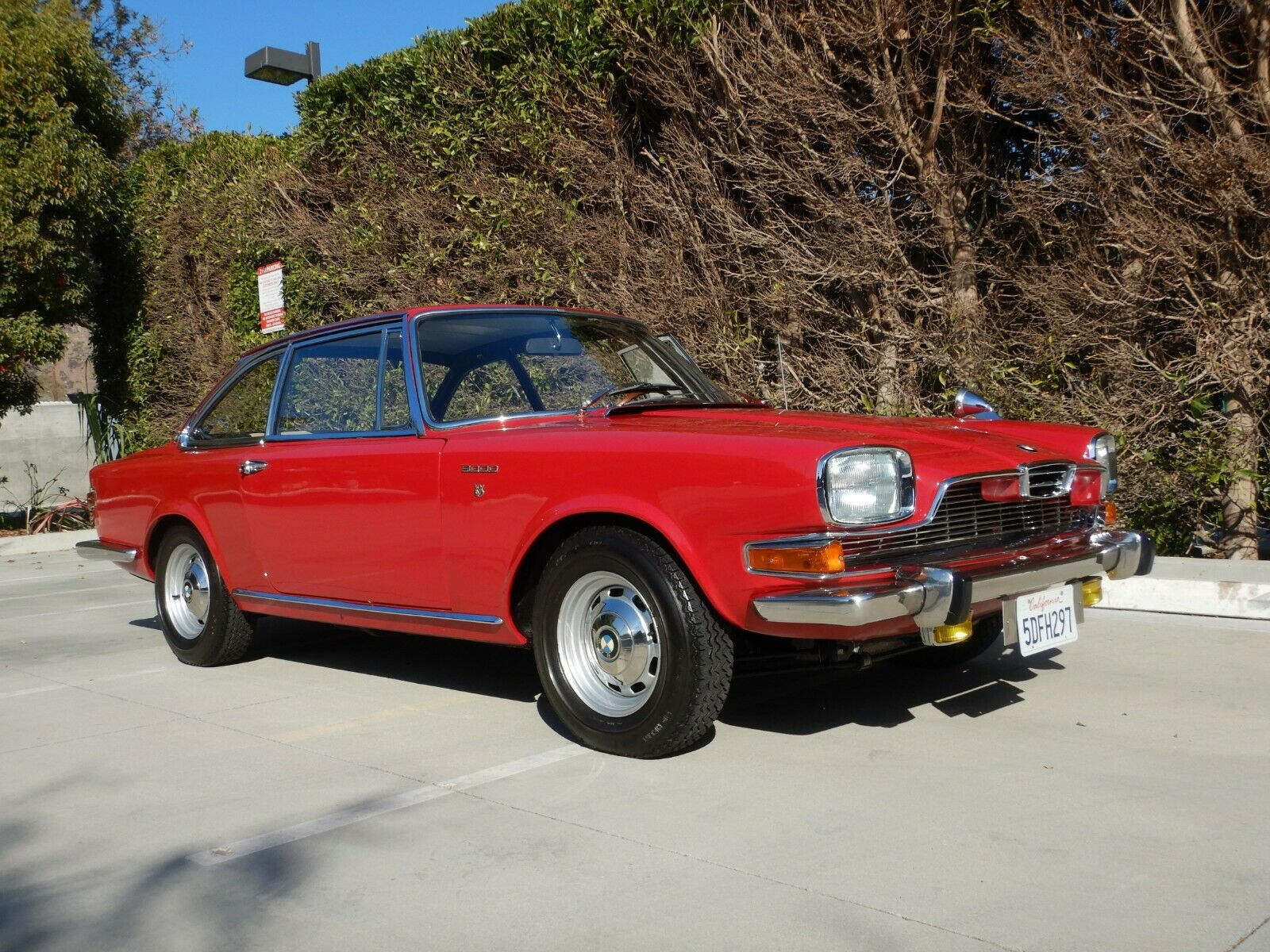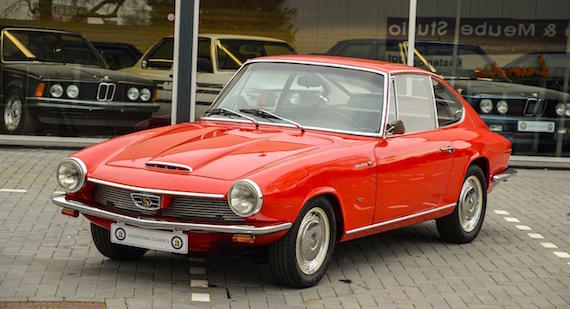Two names appear in this post that aren’t nearly as widely recognized as they should be. The first is Andreas Glas, the proprietor of Hans Glas GmbH. In the 1960s, this company briefly moved away from its bonds as constructor of sewing machines and licensed Goggomobils to produce some seriously pretty coupes; the 1300GT and 1700GT were the first and better known, but the 2600 and 3000 V8 were no less striking. That’s because of the second name involved in this post; Pietro Frua.
Frua isn’t nearly as well known as the other great Italian designers of the 1960s, but he had a unique style all his own. Well before Gandini and Giugiaro capitalized on the angular wedge era of automotive design, Frua’s low, long and flat lines stood sharply apart from the rounded arches that dominated Pininfarina, Ghia and Vignale. Glas used the designs, along with the pioneering use of timing belts, to offer a slightly different vision of German transportation. It was more emotive, more flowing and, frankly, more pretty than just about anything else in period from the major manufacturers. Indeed, many compared Frua’s work on the 2600 to the Maserati Sebring – exotic company, indeed, and fitting given that the designer went on to work on several of the Trident’s designs.
But Hans Glas GmbH was bought out outright by BMW, mostly for the procurement of the Dingolfing plant and engineering crew. Before BMW closed the chapter, though, they updated a few of the Glas designs with new Munich power, stuck some BMW badges on them and Viola! A new catalog of cars! This 1968 BMW Glas 3000 V8 is an example of the seldom seen period of BMW history:







